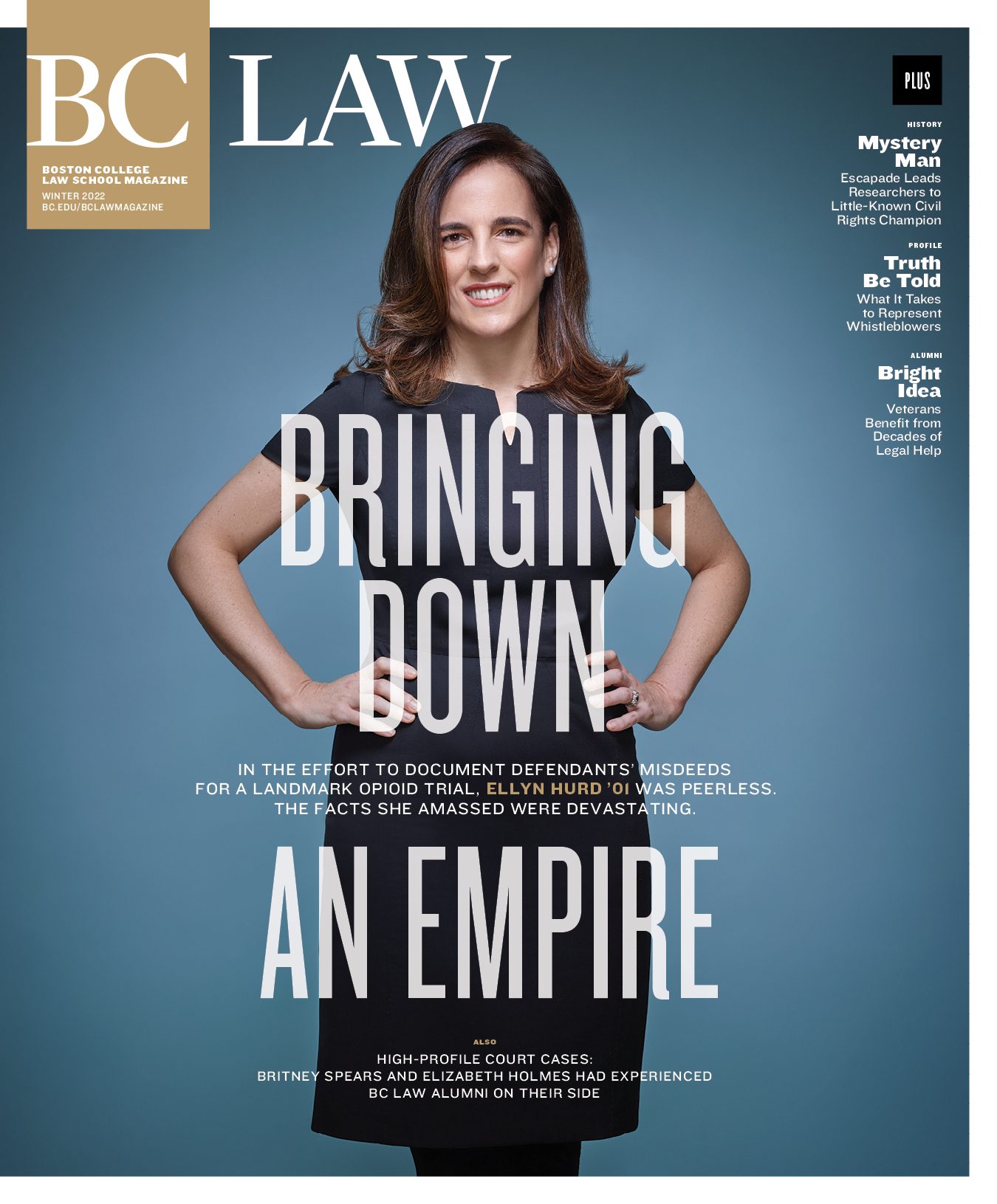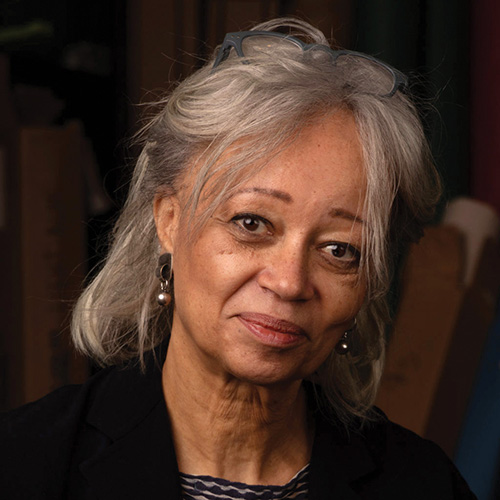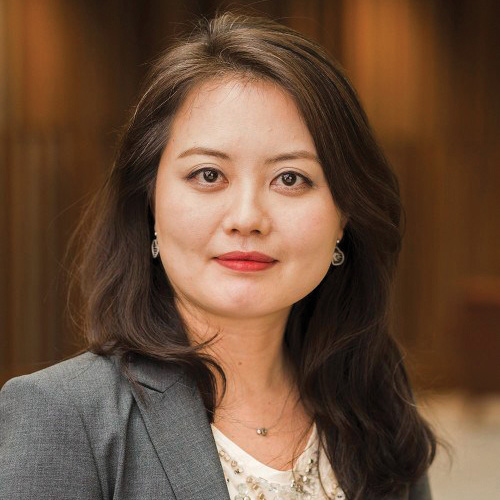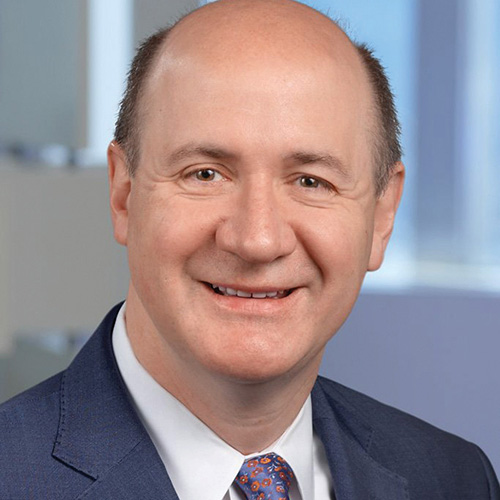Patricia J. Williams
The MacArthur Fellow, leading authority on race, and professor of law and humanities at Northeastern University helped launch BC Law’s 1L Critical Perspectives in Law and Professional Identity course as a co-keynoter (with UC Berkeley’s Khiara Bridges) on September 9. The conversation focused on the intersection of law and race, gender, power, and class. One issue Williams raised was how structural ignorance, a misunderstanding of history, continues to hold us back.
Christine Kim
The University of Utah law professor, whose research interests include taxation of complicated investment structures, was the first to present in last semester’s Tax Policy Workshop speaker series. She presented “A New Framework for Digital Taxation,” which she’s writing in collaboration with Michigan Law’s Reuven Avi-Yonah and Karen Sam. Their article offers the first comprehensive critique of the proposed Inclusive Framework and assesses its prospects and problems.
Edward R. McNicholas
Co-leader of Ropes & Gray’s data, privacy, and cybersecurity practice, McNicholas was amongtwenty-nine speakers at the fourth annual International Intellectual Property (IP) Summit held virtually in October. He moderated a panel on the evolution of global cybersecurity and privacy law in light of trends toward data sovereignty threatening to undermine cross-border exchange. The event was co-sponsored by Ropes & Gray and BC Law’s Program on Innovation and Entrepreneurship.
Nkechi Taifa
The president of the social enterprise Taifa Group spoke on a Rappaport Center for Law and Public Policy panel entitled “Reparations: Issues, Challenges, and Opportunities” in September. One of her observations: “At this time, the winds of change are shifting and support reparations like a casket being thrust wide open. Reparations is not history.It’s not a thing of the past, but it is about historical justice,” Taifa said. “And until justice is done, it will always be part of my journey.”
Senator Doug Jones
The Democrat and former Alabama senator is the spring Jerome Lyle Rappaport Distinguished Visiting Professor. His seminar, “The United States Senate Today: How It Works; Why It Doesn’t,” is a real-time study ofthe day-to-day workings of the Senate. Students are acting as staffers for a US senator throughout the semester, being assigned to duties such as legislation, press, and committees. Class assignments track the Senate’s spring schedule and activities.







